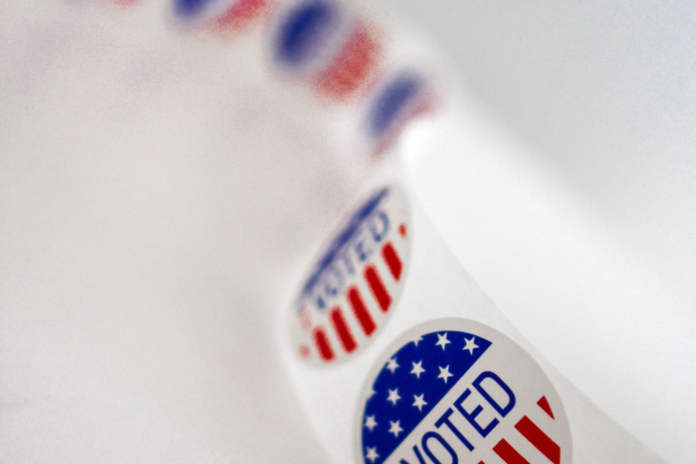A grassroots voter integrity group called the Minnesota Voters Alliance (MVA) just sued the City of Duluth, over what MVA says is Duluth’s practice of “stack[ing]” ballot boards “with city insiders instead of election judges.”
MVA’s action appears to be a statewide campaign. The organization just sued Minneapolis over the same matter.
According to a Minnesota law passed after the controversial election between Norm Coleman and Al Franken, which appeared to involve the misuse of the absentee ballot system, the legislature passed a law that required both Republicans and Democrats to be on the ballot boards that are tasked with accepting or rejecting absentee ballots. That law was signed by then-Governor Tim Pawlenty, and passed nearly unanimously and on a bipartisan basis.
Yet over the last several years, localities, especially in more-populous and heavily Democratic areas, have tried to forgo the requirement to have Republicans in the room that accepts or rejects absentee ballots.
This effort has been bolstered by Minnesota Democratic Secretary of State, Steve Simon, who has written an administrative rule that allows cities to circumvent the law requiring “party balance” on ballot boards (Simon’s rule is also being challenged in court by MVA).
Unknown to most is that Minnesota’s existing absentee ballot system is probably the state’s biggest loophole for vote fraud. The risk that this loophole is exploited by bad actors will grow as absentee ballots are used ever-more in this election, due to the pandemic, and liberal groups are currently suing the state to weaken the state’s absentee ballot rules further.
In the Coleman vs. Franken election, over 300,000 absentee ballots were cast and 12,000 were rejected. Much controversy remains about which ballots were accepted and rejected, and later analysis shows that over 1,000 felons illegally had their votes counted. After losing the first tally by about 700 votes, Franken, the Democrat, ended up winning the recount by a mere 312 votes.
This is why, according to MVA, it is essential for Minnesotans to be able to have trust in their election system:
“For years, Duluth has used city clerk employees to do the critical function of examining absentee ballot envelopes and deciding which ones are to be rejected and which are accepted. The law, however, requires the ballot board to be comprised of election judges from lists submitted by the major political parties. The city simply ignores the law, uses insiders to accept and reject ballots, and avoids any outside scrutiny over its handling of mail-in ballots.”
The question must be asked, especially since there are plenty of Republicans who would be happy to sacrifice their time to be in that room: Why not allow bipartisan oversight and ownership of the vote-counting process?











